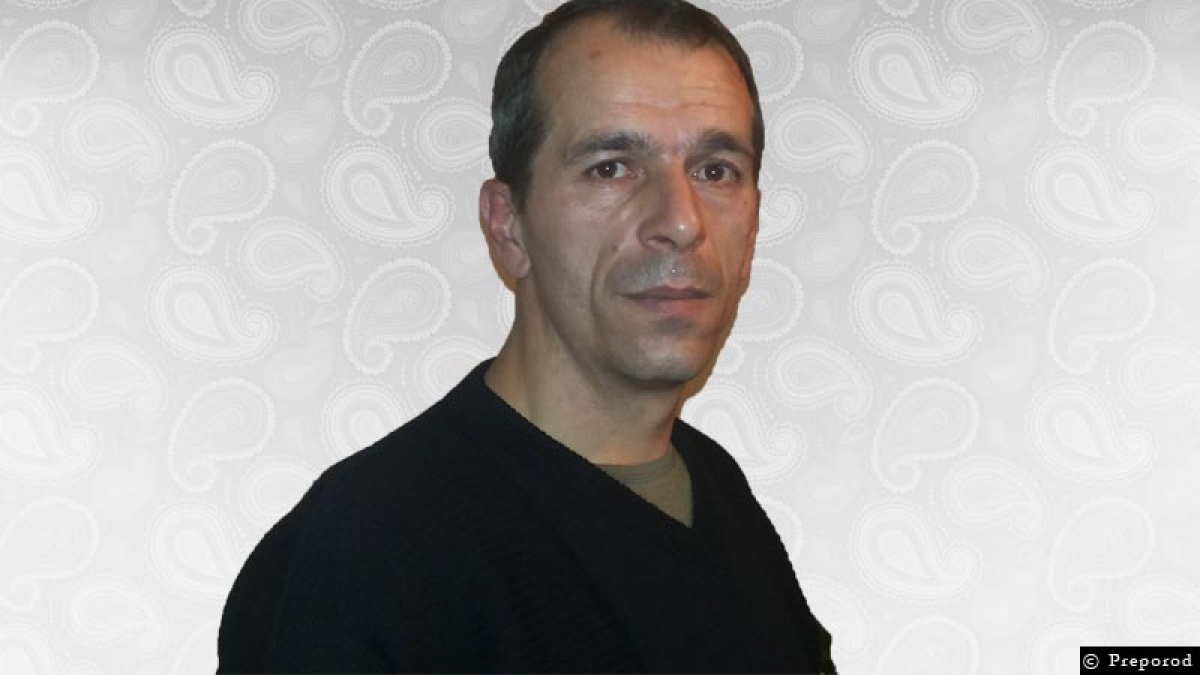Mother Mirsada buried two sons and her husband, Salih
At the trial of former Republika Srpska president Radovan Karadžić, witness Mirsada Malagić testified about the loss of her husband, two sons, and two brothers in Srebrenica in July 1995. Only her youngest son, Adnan, who was 11 at the time, survived the entry of Serbian forces into this UN-protected zone with her.
Witness Malagić detailed to the court the extreme hunger that prevailed in Srebrenica since 1993 and the daily attacks that killed many civilians. Harassments and individual murders in Bosniak villages in the area were constant, so residents often hid in the forest, rarely going to their homes.
"They drove around in cars, mostly looking for prominent people. Those who were educated, who had finished universities, who held leading positions. Murders happened" the witness recalled, remembering the dead bodies of young men she found in a neighbor's yard when she returned from the forest one time.
In July 1995, residents of the Srebrenica villages headed to the UN base in Potočari when Serbian forces fiercely attacked the enclave. At the time, witness Mirsada Malagić was pregnant and was injured by shrapnel when her column was shelled. Upon reaching Potočari, she was separated from her husband, brothers, and sons, who headed towards Tuzla in a column, escaping from Serbian soldiers, and she never saw them again.
"Actually, I saw the scale of what awaited us right in the town. I realized we had come into a vicious circle from which there was no escape. I wondered—where to go next, how to proceed with the children, where to. I had no answers; tears just flowed. It was terrifying. You could only smell the burning, as every house on two streets, homes of all the prominent people, had been burned" Malagić described.
The witness also confirmed her earlier testimony given at the trials of Zdravko Tolimir, assistant for security to Ratko Mladić in the VRS Main Staff, and Radoslav Krstić, a VRS general sentenced to 35 years in prison. She recounted how in Srebrenica, Serbian soldiers singled out about 100 young girls and took them to houses. She also described hearing screams coming from the White House, where Bosniak men were detained, and the taking away of people and acquaintances she never saw again.
The night of July 12, 1995, was the most terrifying for witness Mirsada Malagić as well as for the imprisoned Srebrenicans, many of whom took their own lives seeing no way out and understanding what was happening. "Not a single shot was heard, just screams, moans... like listening to a horror movie" Malagić described, refuting Radovan Karadžić's claims that Serbian soldiers were not even in Potočari at that time. The next day, she managed to board one of the buses transporting women and children from Potočari, and six months later, she gave birth to a daughter.
In the Srebrenica genocide, she lost her sons Elvir, who was 19 years old, and Admir, who was just 15, as well as her husband Salko. Her family was buried in Potočari after their remains were found in what is known as the Valley of Graves, Kamenica. Today, she lives in Sarajevo with her daughter, who was born six months after the genocide, and her son who was eleven at the time.
She became exhausted and lost strength when she buried her older son. Although she was aware that her sons and husband were killed, deep within her soul she lingered a hope, which she shared with no one, that at least her son Elvir might be alive.
"After 15 years since the fall of Srebrenica, I buried my younger son and husband, and since then I have never cried in Potočari again; I simply became numb. Even today, I do not cry in Potočari. The only time my legs give way is when I enter the Memorial through the gate. I feel as though I am walking with someone else's legs, I reach the graveyard, recite the Fatiha, and just fall silent. I didn't even shed tears at the funeral when I buried my older son, whom I identified after testifying against Karadžić" Mirsada shares with deep sighs.






